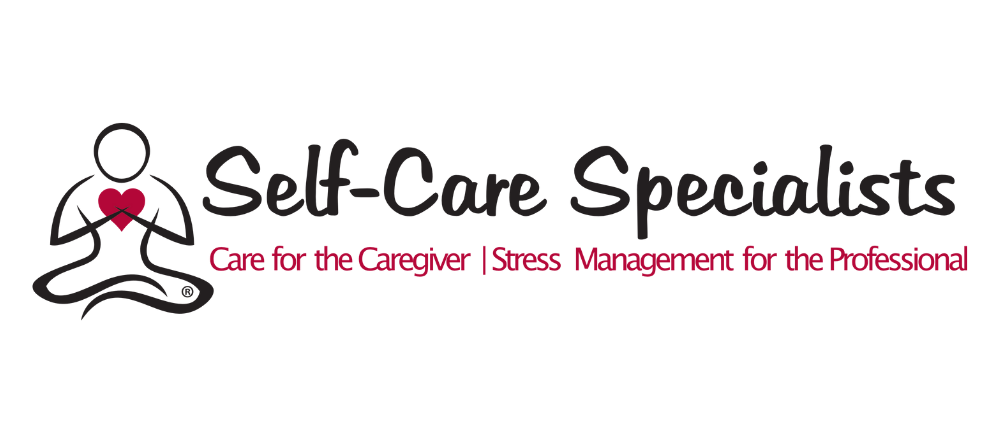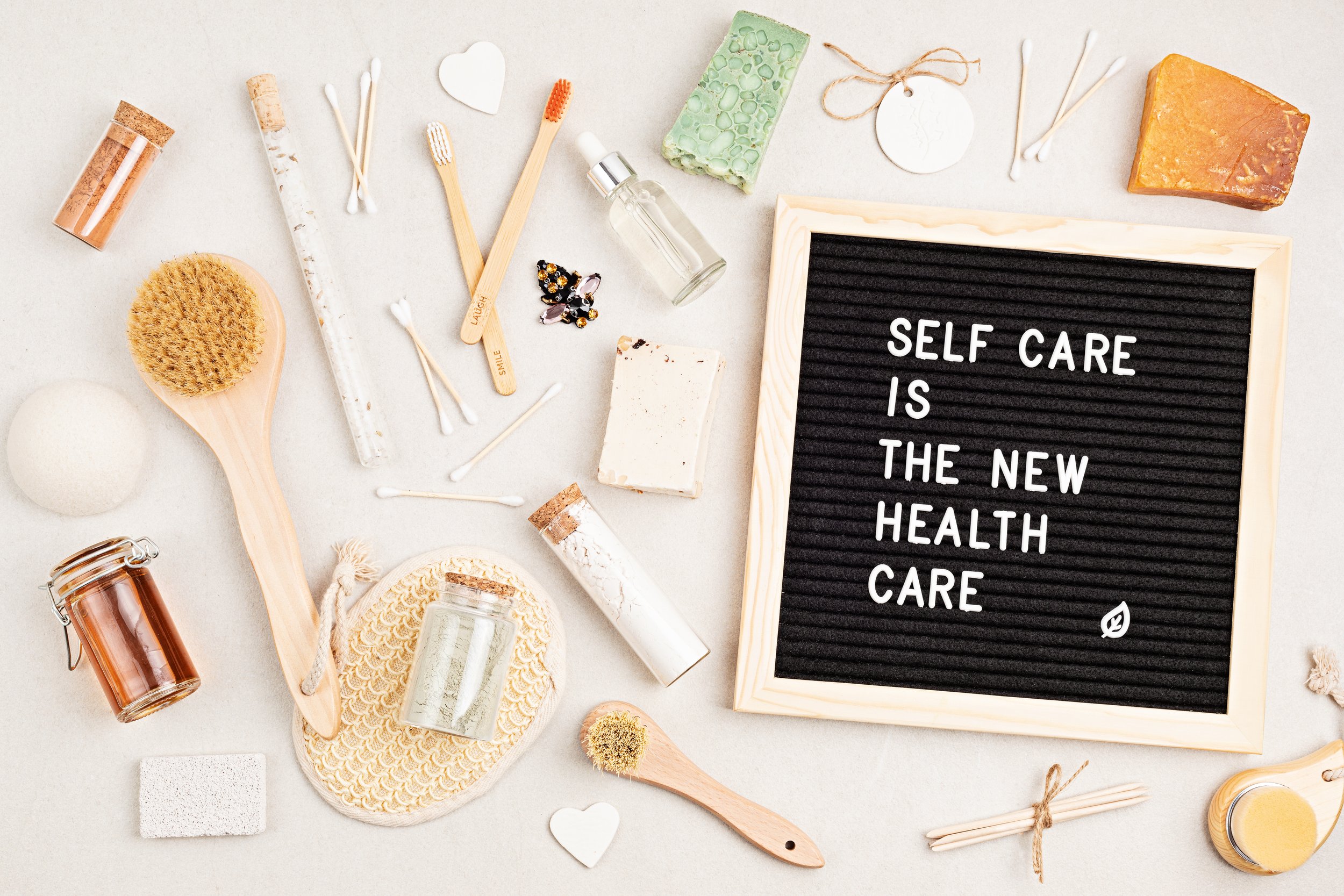Self-Care Toolbox
A toolbox of self-care tools and qualified people to assist with self-care is helpful to draw upon to keep oneself replenished. Using self-awareness to continually monitor personal needs and energy level is essential for optimal self-care. Different situations call for different tools and having several to choose from, depending on the circumstance, is beneficial. I recommend doing something to nurture and relax yourself daily. Doing so can help you to maintain balance and resilience during times of stress.
Your toolbox can include anything beneficial that you do for yourself that helps to relieve stress, nurtures you and/or revitalizes your energy. Only you know what works best for you. Seeking out new tools to add to those you already use can be invigorating and fun. Examples of self-care tools include meditation, sea/epsom salt baths, nature walks, exercise, journaling, tapping (Emotional Freedom Technique), Reiki and acupressure point massage.
It is also recommended to have a team of qualified professionals whom you can call upon to assist with your self-care needs. Examples include a counselor/therapist, life coach, exercise trainer, massage therapist, chiropractor and acupuncturist. Appointments with qualified professionals can be scheduled regularly (a monthly massage, for example) or scheduled as needed.
Support from trusted friends, peers, mentors and/or supervisors is an important part of a self-care toolbox. The people you work with can be a great resource because they can closely identify with work stressors and situations that you encounter.
Identifying, building and utilizing your self-care toolbox is great prevention of compassion fatigue and creates the resilience necessary to handle the intense work of a caregiving professional. By taking care of your needs, you will have more energy to serve your clients/patients. Additionally, from this place you’ll have more to give your family and friends. This toolbox concept can be applied to anyone, regardless of profession.

